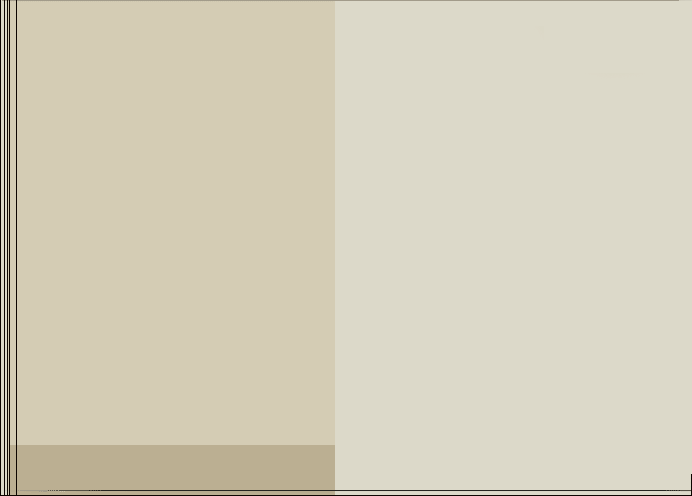The February revolution brought the Jews long-awaited equality in rights. On March 20, 1917 the Provisional Government passed a law abolishing all religious and ethnic restrictions which was actively supported by Jews throughout Russia. The congress of Bukharan Jews in Tashkent adopted the "Declaration of the Rights of Indigenous Jews" supported by the local commissar of the Provisional Government. Jews from the Caucasus mountain region also held their congress. In general, Russian Jews responded to the recognition of their civil rights with decisive support for the Russian democracy. Many Jewish emigrants began to return to Russia. Hundreds of young Jews with secondary education went to military colleges. In September 1917 Jews proposed creating a special Jewish legion which would fight under the red revolutionary and white-blue national banners.
The hardships of war and impotence of the authorities contributed to the rise of anti-semitic activities. In the spring of 1917 Jewish pogroms took place in Bessarabia, Kiev, Kherson and other regions. In June, the panicked retreat of the Russian army was accompanied by violence against the Jewish population and devastation of synagogues. The number of Jewish refugees reached 200,000 by the fall of 1917. Only half of them received a food allowance, which at any rate was only 20 kopecks a day. Because of the food crisis, the refugees were not allowed to enter Petrograd and Moscow. Jewish organizations continued to provide aid for the refugees, but faced a shortage of funds. ECOPO and the Society for the Preservation of the Health of the Jewish Population (OZE) called for all communities to raise funds for the refugees and set up a credit bank for them.
The revolutionary situation of 1917 gave an impetus to social action on the part of all the nationalities of Russia, including Jews. The idea of convoking an All-Russian Jewish Congress was first voiced at a meeting of the Jewish Committee for Relief of the Victims of War in March 1917 and endorsed by the majority of Jewish organizations and movements. Many new Jewish parties and political, professional, cultural, and economic organizations emerged in 1917. Thus, the Zionist Labor Party and, with the support of Moscow rabbi Maze, the "Freedom and Tradition" party were founded in Moscow in May. The Society for the Preservation of the Health of the Jewish Population (OZE) set up the Jewish sports and gymnastic union "Ahdus", or "Unity". As many as twelve Jewish consumer societies and the Jewish Society for Mutual Credit were begun by the fall of 1917.
The revolutionary tide brought many Jews to leading positions in the soviets, trade unions, and political parties. The majority of these people were extreme internationalists, many of whom took revolutionary pseudonyms in order not to reveal their Jewish origin. This fact was widely used by the "black-hundred" propaganda to stir up hatred towards Jews. The Jewish press emphasized that the Jewish people as a whole could not take responsibility for the Jewish leaders of far leftist parties, primarily the Bolsheviks, whose views and activity were hostile to Jewish tradition and to the national feelings of the majority of Russian Jews.
Nearly all Jewish parties, both Zionist and socialist, supported the Provisional Government and believed that military defeat in the First World War would be a defeat for the revolution. They considered the Kornilov putsch in August 1917 a menace to Russian democracy and the future of the Russian Jews, and felt great relief when it was put down. To prepare elections for the Constituent Assembly, the Council of the Republic (Pre-Parliament) was established. A Jewish Appeal was presented to it and a Jewish Information Office was set up. On September 30, 1917 the meeting of the political association "Jewish People's Group" declared: "We need not leave Russia to enjoy a full national life".












![]()
![]()
![]()
![]()







